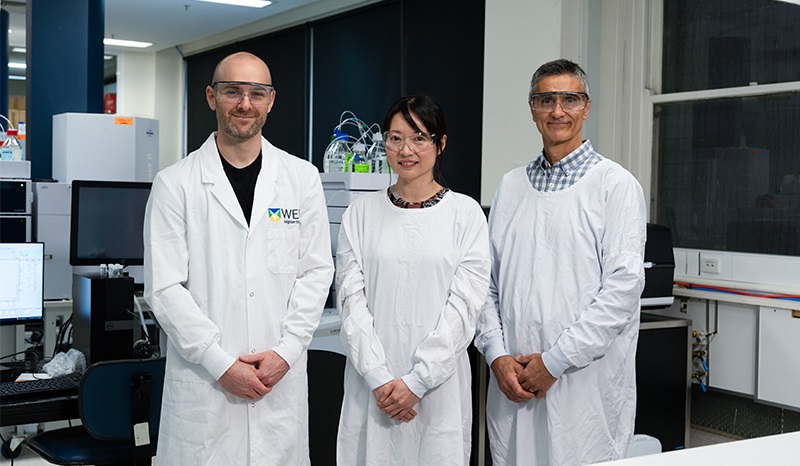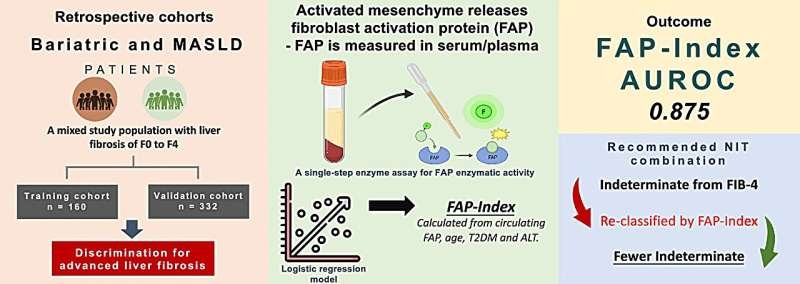Rapid Drug Test to Improve Treatment for Patients Presenting to Hospital
Posted on 08 Jul 2024
A team of researchers is developing advanced solutions to rapidly test for drugs and improve the treatment of patients presenting to the hospital.
The researchers from the Colonial Foundation Healthy Ageing Centre (Melbourne, VIC, Australia) are employing mass spectrometry technology to rapidly detect any medications or drugs that might complicate a patient's treatment. This rapid identification is crucial to ensure that patients receive appropriate care and to minimize the effects of any previously administered medications or drugs. Mass spectrometry identifies and quantifies chemicals in a sample using charged particles, or ions, proving to be more precise than traditional immunoassays, which can sometimes yield false positives.

In their recent research, published in the Medical Journal of Australia, the research team demonstrated that traditional testing methods could mistakenly show toxic levels of a heart failure medication due to interference from a common prostate cancer drug. However, when mass spectrometry was used for the same test, it successfully identified and corrected this interference. Consequently, the patient was spared unnecessary treatments, allowing clinicians to address the true medical issue. This advancement has the potential to improve patient outcomes by enabling more accurate treatment decisions. The researchers plan to further expand the testing capabilities of this technology, broadening its application and advancing personalized medicine, which focuses on customizing treatment based on individual patient needs.
“This new-age technology is enabling our teams to provide more specific results, and therefore treatment options, to our clinicians in real-time,” said Cherie Chiang, Associate Professor and researcher at the Colonial Centre. “As a result, we can provide patients with more personalized treatment plans and greater care.”
Related Links:
Colonial Foundation Healthy Ageing Centre














